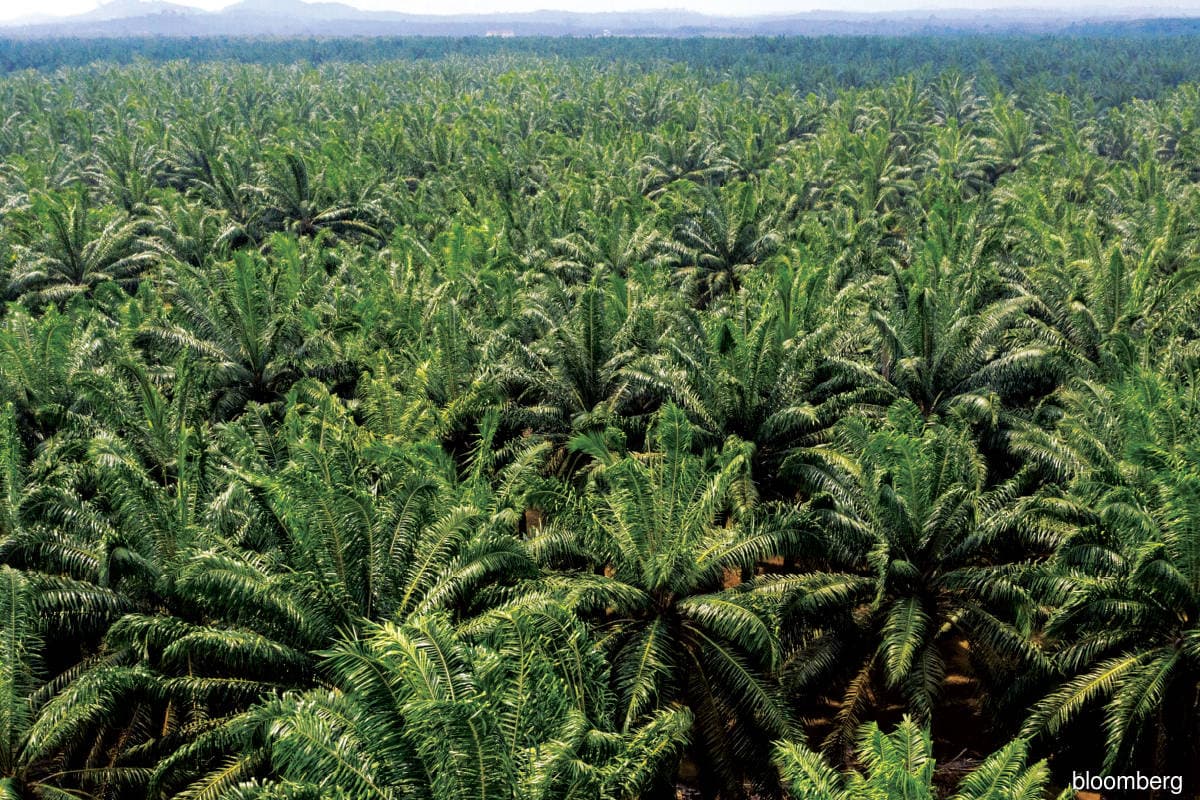
This article first appeared in The Edge Malaysia Weekly on December 26, 2022 - January 1, 2023
THE Federal Land Development Authority (Felda) has been opaque about the status of its arbitration with Indonesia’s Rajawali Group, from which it bought a 37% stake in PT Eagle High Plantations Tbk five years ago for an exorbitant US$505.4 million, or RM2.26 billion then.
Rajawali is the investment vehicle of Indonesian businessman Tan Sri Peter Sondakh, who is said to be a close associate of former premier Datuk Seri Najib Razak.
Felda’s purchase drew flak, firstly because several other local plantation companies, including Felda-controlled FGV Holdings Bhd, had turned down offers to buy the stake as the asking price was too high.
May 11, 2022 marked the fifth anniversary of the completion of the acquisition. Exercisable on this date was a put option in relation to the deal, which could see Rajawali buying back the 37% stake for RM2.26 billion, on top of interest of 6% per year for a five-year period. That works out to a repayment of about RM3 billion.
In 2019, Felda had attempted to exercise the put option, but this was reportedly resisted by Rajawali, which had fought it in court initially and sought arbitration when things did not go well in court.
Considering that Felda is now in dire straits, the RM3 billion would be useful to help put things in order at the land development authority. Due to its financial woes, in 2019 — when the Pakatan Harapan government was in power — Felda was slated to receive an allocation of RM6.23 billion in stages via grants, loans and government guarantees, to sustain its operations.
When tabling Felda’s white paper in 2019, former economic affairs minister Datuk Seri Mohamad Azmin Ali told the Dewan Rakyat that its liabilities had surged 11 times to RM14.4 billion in 2017 from a mere RM1.2 billion in 2007, largely brought about by mismanagement. Felda also had a cash balance of just RM35 million on May 9, 2018, in contrast to RM2.5 billion in 2007, and incurred its highest loss of RM4.9 billion in FY2017.
Another issue was settlers’ debts owed to Felda, which stood at RM7.7 billion in 2018. These debts include replanting costs, advances and amounts for sustenance, and are hard to collect, as the settlers are facing many financial challenges.
This calls into question Felda’s rationale for buying Eagle High in the first place. And even if it did make a mistake buying into the plantation company, why is it not unwinding the deal, which favours Sondakh?
Shares of Eagle High have fallen 92% from the purchase price of IDR775 per share in late 2016, to close at IDR65 per share on Dec 21. The company’s current market capitalisation stands at IDR2.05 trillion, or US$131.7 million. This would mean that Felda’s 37% stake has a market value of only US$49.32 million, or a 90.24% drop from the acquisition price of US$505.4 million, resulting in Felda sitting on a paper loss of US$456.08 million at today’s rates.
So, shouldn’t Felda seek to unwind the Eagle High acquisition with the best possible outcome, and avoid a huge loss if it were to sell the 37% block at current prices? The other question is, who would buy the block considering it is not a controlling block but the second largest after Sondakh’s 37.7% interest?
Felda does not seem to have any board representation on Eagle High. It also does not make sense that, when crude palm oil (CPO) prices surged to a record high of RM8,163 per tonne in early March this year, gaining more than 105% over the past year, Eagle High still bled losses during the period. In fact, Eagle High was loss-making for seven consecutive financial years since FY2015.
In addition, Felda is not a novice planter. It holds 81.65% in FGV, which in turn has 219 estates with a land bank of 438,775ha, of which 336,315ha are planted with oil palm. FGV also has 67 palm oil mills and produces 2.68 million tonnes of CPO per year.
Eagle High’s annual report for FY2021 shows that its operations are in three plantations, namely Sumatra, Kalimantan and Papua New Guinea, totalling 116,000ha. The total capacity of its palm oil factory is 2.5 million tonnes of fresh fruit bunches per year.
Another question raised is, even if the arbitration calls for the put option to be exercised, will Rajawali comply and fork out RM3 billion to buy back shares that are now worth RM218.81 million?
Felda should be transparent and look to right the wrongs of the past.
Save by subscribing to us for your print and/or digital copy.
P/S: The Edge is also available on Apple's AppStore and Androids' Google Play.